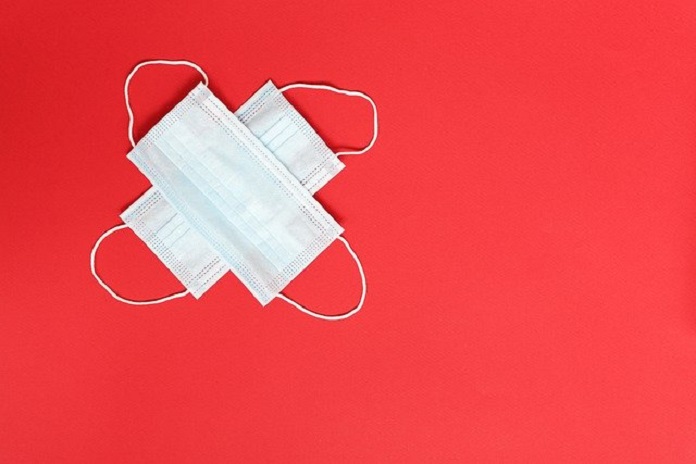A new study investigates how the COVID-19 pandemic is affecting patient enrollment in cancer clinical trials.
Clinical trials are an integral part of health research, and they have led to the development of treatments for many diseases. The purpose of clinical trials is to test the effectiveness and safety of potential treatments on people. In particular, clinical trials in cancer research are very important because cancer is such a prevalent issue in the population, and different treatments may work for different patients.
The COVID-19 pandemic has affected many things, and clinical trials in cancer research might be one of them for many reasons. Firstly, it is often difficult to perform these clinical trials while following social distancing guidelines. Additionally, cancer treatments such as chemotherapy and surgery generally compromise the immune system and make patients more vulnerable to infections. To investigate the effect of the COVID-19 pandemic on patient enrollment in cancer clinical trials, an American cohort study was performed and published in JAMA Network Open.
To determine the trend of enrollment in these clinical trials, researchers documented weekly enrollments between January 1st and April 25th in clinical trials conducted by the SWOG Cancer Research Network. The SWOG Cancer Research Network is one of the largest groups performing cancer clinical trials that is supported by the National Cancer Institute. This data was compared against the rate of new, diagnosed COVID-19 cases in the United States over the same time period. Researchers also differentiated between different types of clinical trials, ages, sexes, and races to determine if enrollment amid the pandemic differed between these groups.
Enrollments in SWOG clinical trials were highest before the number of COVID-19 cases drastically increased. Between January 1st and March 14th, or week one to eleven, the number of enrollments fluctuated between 125 and 150 each week. In week twelve, the number of confirmed COVID-19 cases in the United States increased from 2918 to 25,697; in the same week, the enrollment rate dropped to 109. The enrollment rate continued to decrease until the end of the study period while the number of diagnosed COVID-19 cases increased.
There was no difference in the enrollment trend between different ages and races over the study period. However, the decrease in cancer prevention trials was more drastic than the decrease in cancer treatment trials. Female patients were about 23% less likely to be enrolled than male patients between weeks twelve and 17, which was when the number of COVID-19 cases was significantly increasing.
The results of this study suggest that increased incidence of COVID-19 is associated with a decreased enrollment rate in cancer clinical trials. This effect might be more pronounced in women and clinical trials focused on cancer prevention and control. More research is needed to confirm this association and determine if this relationship exists for other types of research.
References:
About SWOG (formerly the Southwest Oncology Group). (n.d.). Retrieved June 1, 2020, from https://thehopefoundation.org/about/about-swog/
Sullivan, T. (2018, May 4). The Importance of Clinical Trials. Retrieved June 1, 2020, from https://www.policymed.com/2010/05/the-importance-of-clinical-trials.html
Unger, J. M., Blanke, C. D., & LeBlanc, M. (2020). Association of the Coronavirus Disease 2019 (COVID-19) Outbreak With Enrollment in Cancer Clinical Trials. JAMA Network Open, 3(6). doi: 10.1001/jamanetworkopen.2020.10651
Image by Anastasia Gepp from Pixabay



